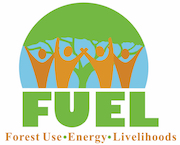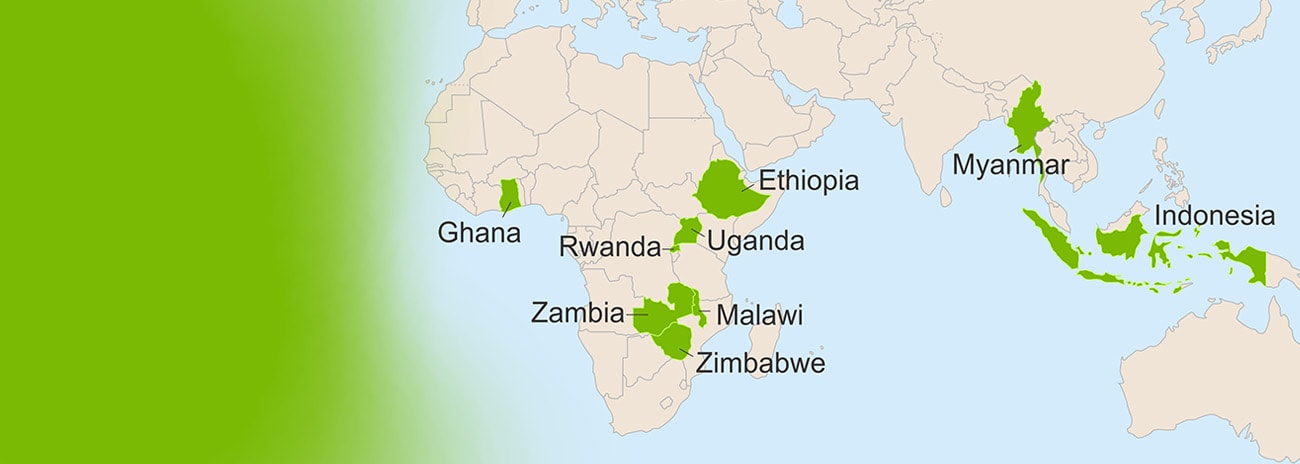Energy Poverty
Energy poverty is a lack of access to electricity and reliance on biomass fuels (e.g., fuelwood, charcoal, dung, crop residues) for cooking, heating, lighting, small-scale business and industry. Energy poverty has massive implications for climate, environment, human health and well-being.
Forest Governance
Who owns and manages forests is a critical question for natural resource policy. Forest governance has important implications for the ability of rural households to access forest resources and leverage them as a livelihood strategy. Policy reforms that shift ownership
Environment and Livelihoods
It is estimated that rural households derive approximately 30% of total income from forests and other wild areas. Environmental income rivals income from crop production in many places throughout the developing world. This theme explores the role of environmental income
About FUEL
FUEL Lab researchers study how natural resource reliance influences the well-being of human populations in developing countries. We generate rigorous research for the academic and policy communities in three thematic areas: environment and livelihoods; natural resource governance; and energy poverty. Members of the FUEL Lab combine research design and methods from applied economics, institutional analysis, environmental science, and policy analysis to address questions surrounding these three research themes. The Lab is led by Dr. Pam Jagger (Jagger CV October 2016) an Associate Professor in the School for Environment and Sustainability at the University of Michigan. Dr. Jagger also holds a Research Associate Professor position in the Department of Geography at the University of North Carolina at Chapel Hill and is a Faculty Fellow at the Carolina Population Center.
Subscribe by Email
Contact Us
Dr Pamela Jagger, Principal Investigator
University of Michigan
School for Environment and Sustainability
3532 Samuel T. Dana Building
440 Church Street
Ann Arbor, MI 48109









